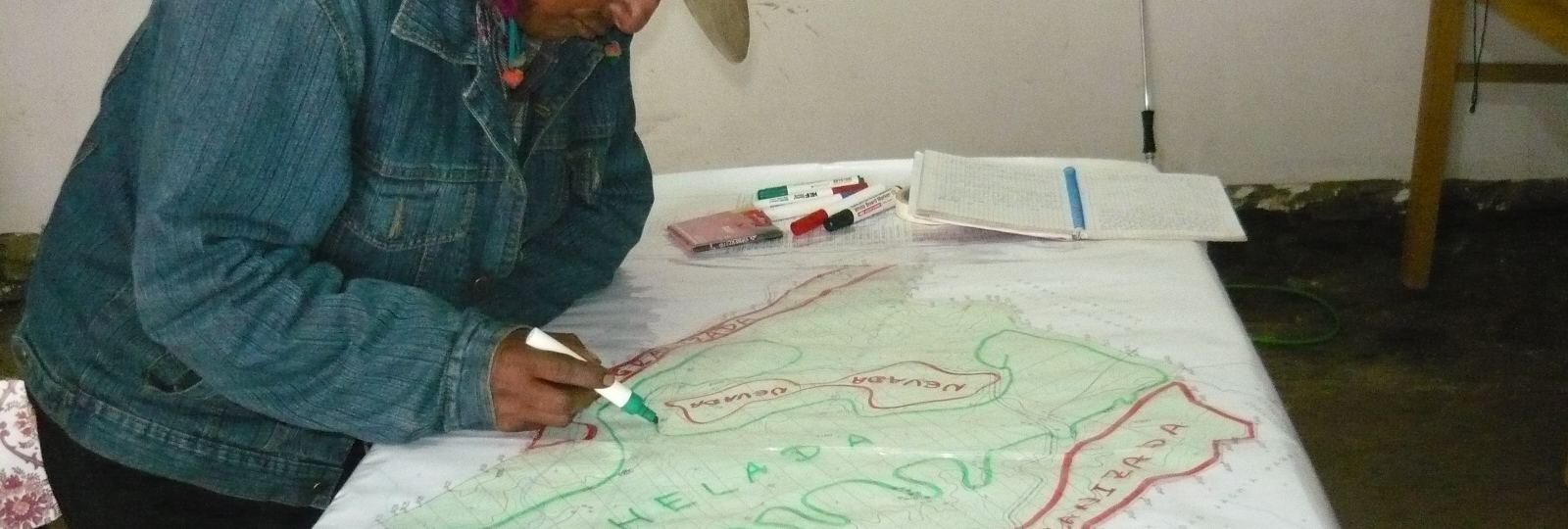
Communal agricultural risk management
Lead Organization:
Fundacion AGRECOL Andes, CESU
Community of Practice:
Countries:
Ecuador
Duration:
8/2009—8/2013
Overview:
The proposed project seeks to develop, jointly with the local population, strategies for risk management and vulnerability reduction through participatory land use planning at the plot, farm, community and county levels in Tapacarí, one of the poorest municipalities in Bolivia.The strategy will be grounded on local knowledge, especially that related to weather prediction during the agricultural cycle and the related production decision-making, as well as the incorporation of new technologies to improve food security and income generation. The project will adopt a comprehensive approach that empowers families, the community and local authorities at community and municipality levels to search for and generate solutions to development challenges. The CCRP funds will allow testing and refinement of a land management and climate risk reduction methodology which has been used experimentally. If found strong in contributing to risk reduction, the methodology could be scaled up to other parts of the country by several organizations outside the target area that have expressed interest in the approach, including the National Platform for Soils (40 institutions nationwide), and the National Program for Risk and Disaster Reduction (PRRD).
Grant Aims:
Implement the GRAC approach combining local knowledge with practices and technological innovation as a strategy to improve the stability and profitability of agriculture production for self-consumption and generation of surpluses in the context of indigenous land management.To find out and document what are the best productive systems for the adaptation of CC at the territorial level.To influence municipal governments to implement and promote GRAC practices.